About ASE
About ASE
A Sociology Experiment is a new kind of textbook designed to provide the highest quality learning materials at the lowest possible cost. Our chapters are written by over a dozen authors of diverse backgrounds and viewpoints, all experts in their fields. For instructors, each chapter also includes lecture slides, video and film recommendations, assessment questions, discussion guides, and more. Our materials are:
Affordable— We sell our book by the chapter. Each chapter costs $1. There is no order minimum.
Modular— Students can purchase individual chapters at a time instead of the full book. Instructors are free to assign whichever chapters make sense for their course.
Dynamic— Our editorial team works with authors to update materials annually, from keeping datasets up to date to discussing current events.
Convenient— Students and instructors alike access their materials directly through our site, along with more options to read via desktop and mobile apps. With the Bookshelf digital reader, you can highlight, annotate, create flash cards, and look up unfamiliar terms with ease.
Instructors: To adopt ASE for your course simply register as an instructor on the home page, let us verify you, and browse through all our chapters. You can assign any or all of the chapters by title, then instruct your students to create their own accounts on the ASE website.
Students: To purchase ASE for your class just register as a student on the home page, and add each chapter you’ve been assigned to your cart from the “Chapters” page. Once you purchase each chapter, you will be able to read it on that chapter’s product page.
Our Video Lecture Series
In 2020 we developed a series of video lectures to help students learn sociology from home. These detailed slideshow lectures, led by ASE co-editor Shamus Khan, walk through each chapter of A Sociology Experiment (except for Environmental Sociology, which was added later). We are happy to provide these lectures as a free, publicly available supplementary resource.
Browse through our lecture series here.
Our Authors
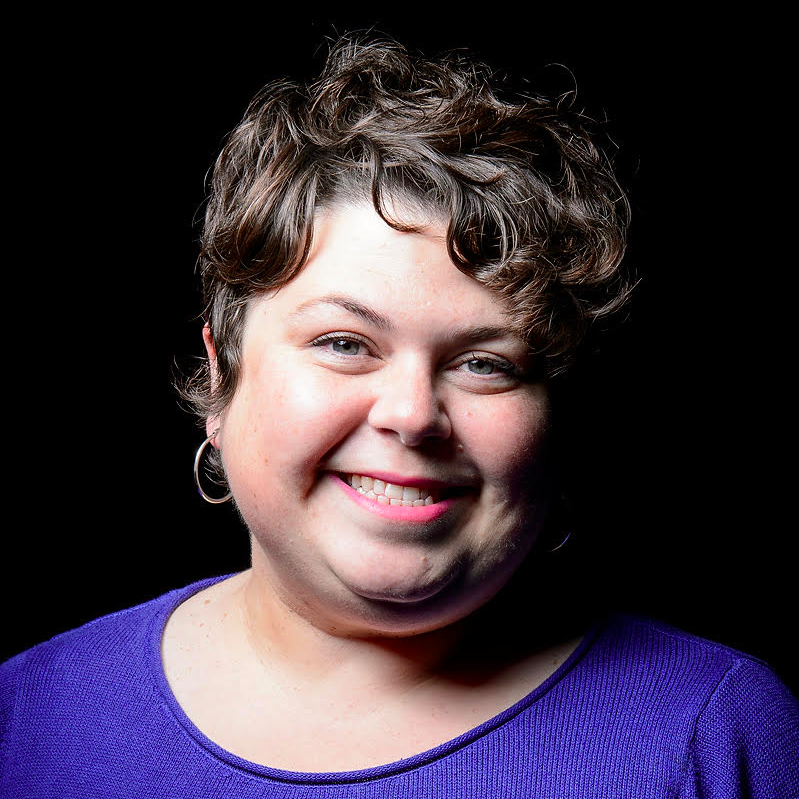

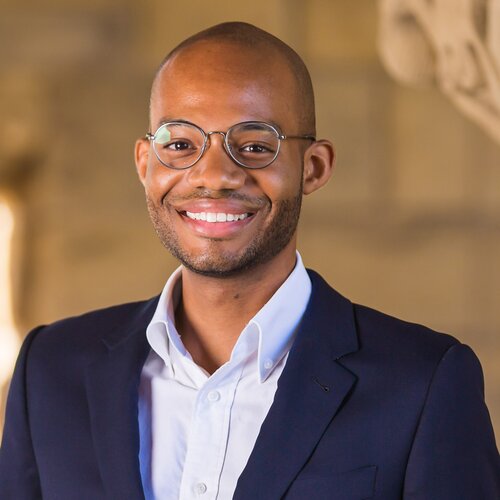
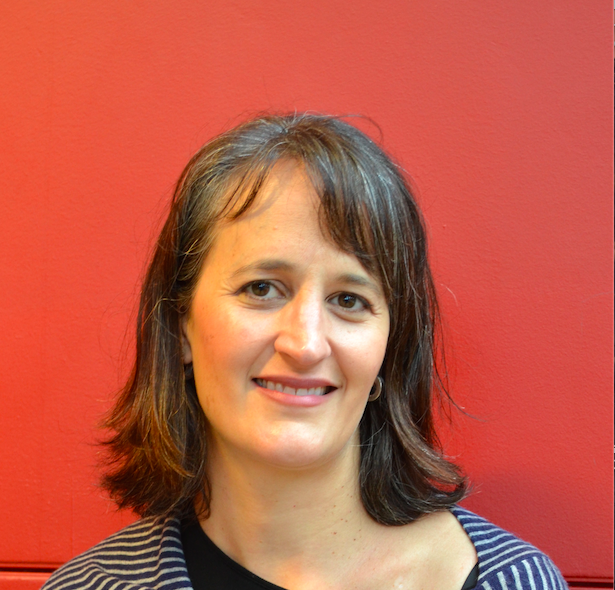
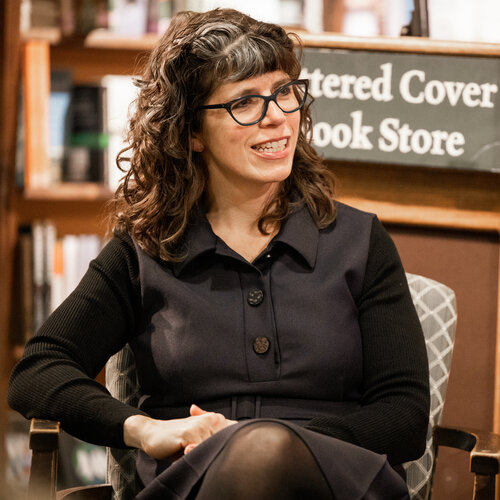
Dana R. Fisher is the Director of the Center for Environment, Community, and Equity (CECE) and a Professor in the School of International Service at American University. Her research focuses on democracy, civic engagement, activism, and climate politics — most recently studying political elites’ responses to climate change, how federal service corps programs are working to integrate climate and diversity, equity, and inclusion into their efforts, and activism around climate, systemic racism, and the American Resistance. Professor Fisher has authored over eighty research articles and book chapters and has written seven books. She served as a contributing author for Working Group 3 of the Intergovernmental Panel on Climate Change’s Sixth Assessment Review (IPCC AR6), writing about citizen engagement and civic activism. She is a Nonresident Senior Fellow with the Governance Studies program at the Brookings Institution. Her media appearances include ABC, CNN, MSNBC, PBS Newshour, and various programs on NPR, BBC, and CBC. Her work has appeared in the popular media, including in the Washington Post, Slate, TIME Magazine, Politico, the Nation, and the American Prospect. Fisher holds a Ph.D. and M.S. from the Department of Sociology at the University of Wisconsin-Madison. Her undergraduate degree is in East Asian Studies and Environmental Studies from Princeton University.
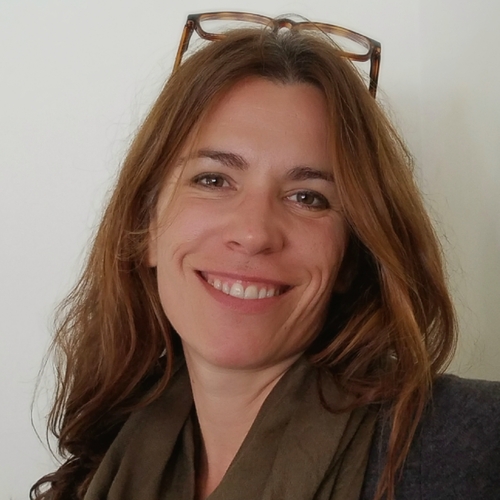
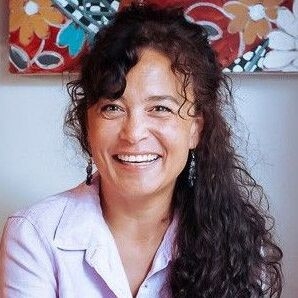
Margaret (Maggie) Hicken is a Research Associate Professor in the Social Environment and Health Program at the University of Michigan Institute for Social Research. She is the Director of DEI at UM’s Institute for Social Research and is Faculty Associate at the UM Population Studies Center. Her research focuses on cultural and structural racism, with a focus on the interactive impact of social and environmental exposures, social stress, and health inequities. She loves traveling with her daughter, especially to Okinawa to visit family.
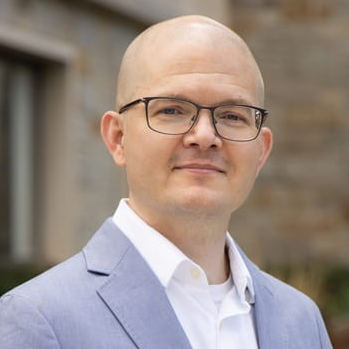
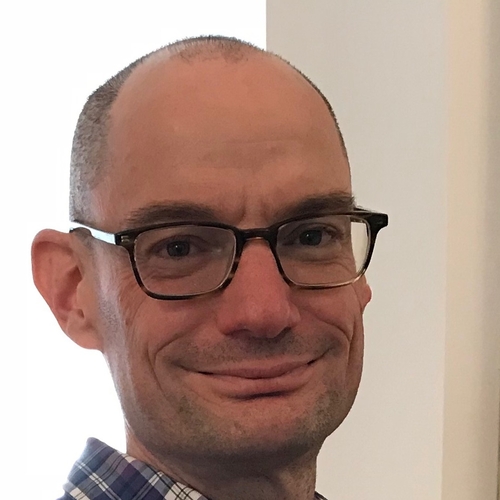
The late Peter Kaufman, formerly a professor of sociology at the State University of New York at New Paltz, passed away in November of 2018. An announcement of his death and a description of his life and work can be found here. At SUNY-New Paltz, he taught introduction to sociology, sociological theory, social interaction, education and society, and senior seminar. He co-authored Teaching with Compassion: An Educator’s Oath to Teach from the Heart. From 2011 to 2018, he was a regular contributor to the Everyday Sociology Blog, writing posts on a wide range of contemporary topics. In his spare time, Peter enjoyed cycling, swimming, and walking his greyhound, Billy. He also played the drums for Questionable Authorities—an all-faculty punk-rock cover band that was together longer than The Beatles. We all consider ourselves extremely lucky to have been able to work with Peter, a truly inspiring teacher and person.
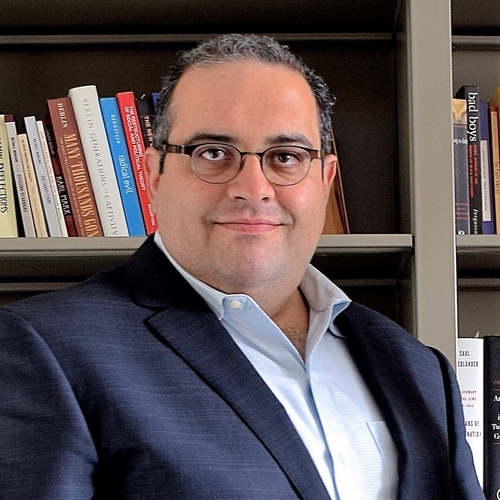
Shamus Khan is professor of sociology and American Studies at Princeton University. He researches and writes on culture, inequality, gender, and research methodology. As a teenager he attended an elite boarding school and returned, years later, as a researcher. Privilege: The Making of an Adolescent Elite at St. Paul’s School, his ethnographic study of the school, sought to better understand and explain the culture of the American elite. He also wrote a book, with Jennifer S. Hirsch, on sexual assault on college campuses. When not writing and teaching, Shamus enjoys playing music with friends and cooking. He worked through school as a cook, co-founding the Underground Food Collective in Madison, Wisconsin.

Hedwig (Hedy) Lee received her PhD in Sociology from the University of North Carolina at Chapel Hill in 2009. She was a Robert Wood Johnson Foundation Health & Society Scholar at the University of Michigan from 2009 to 2011. She is associate professor of sociology at the University of Washington. She currently served on the National Academies of Sciences, Engineering, and Medicine, Division of Behavioral and Social Sciences and Education, Committee on Population. Her recent work examines the impact of structurally rooted chronic stressors, such as mass incarceration, on health and health disparities. Hedy is a modern art enthusiast.
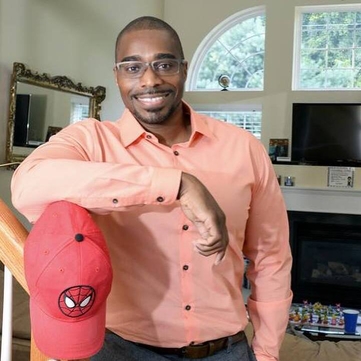
Rashawn Ray is professor of sociology and director of the Lab for Applied Social Science Research (LASSR) at the University of Maryland, College Park, as well as a David M. Rubenstein Fellow in Governance Studies at the Brookings Institution. Ray’s research addresses racial and social inequality and ways that inequality may be attenuated through racial uplift activism and social policy. Publishing over 50 scholarly works and op-eds, Ray is the author of books on How Families Matter and race relations. He has written for news outlets including The New York Times and appeared on CNN, BBC, MSNBC, and NPR. In his spare time, he enjoys spending time with family, bike riding, and watching Matlock.
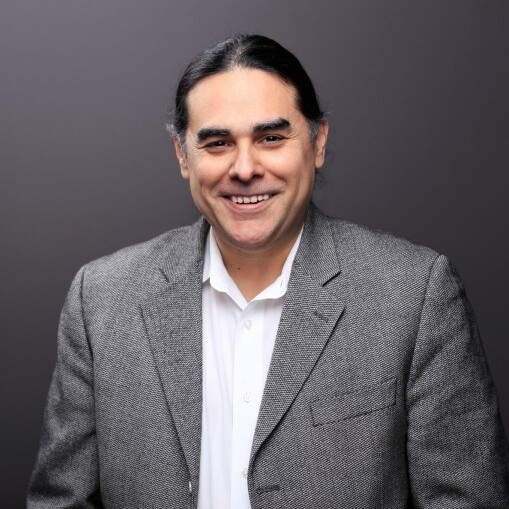
Fabio Rojas is the Virginia L. Roberts professor of sociology and department chair of sociology at Indiana University, Bloomington. His research focuses on organizational behavior, social movements, and institutional theory. He is the author of From Black Power to Black Studies: How a Radical Social Movement Became an Academic Discipline; Party in the Street: The Antiwar Movement and the Democratic Party after 9/11 (with Michael T. Heaney); and Theory for the Working Sociologist. He has published in numerous academic journals such as the American Journal of Sociology, the Academy of Management Journal, and Social Forces.
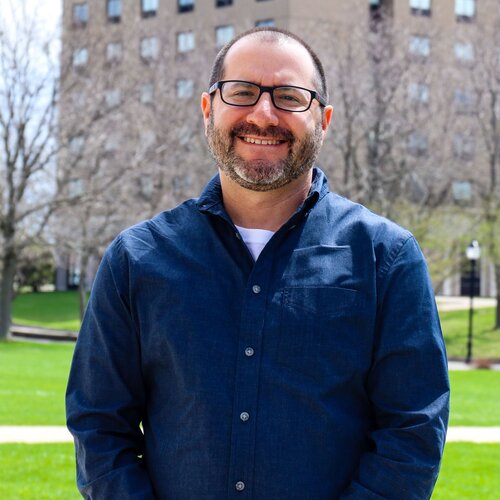
Todd Schoepflin is associate professor of sociology at Niagara University in Lewiston, NY. He has a PhD in sociology from Stony Brook University. The courses he teaches include introduction to sociology, social psychology, social stratification, and sexuality & gender. He is author of Sociology in Stories: A Creative Introduction to a Fascinating Perspective. His research interests are writing stories to interpret the social world and the scholarship of teaching sociology. He’s a proud western New Yorker: He grew up in Niagara Falls, roots for the Buffalo Bills, likes to show visitors the local architecture, and eats a lot of chicken wings.
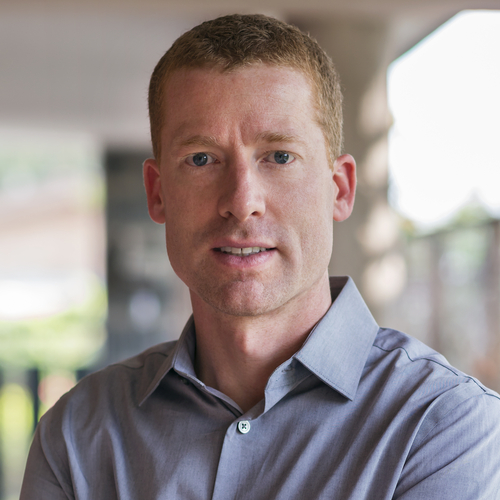
Patrick Sharkey is William S. Tod professor of sociology and public affairs at Princeton University, where he teaches courses on crime and violence and urban inequality. He has written books on the long-term consequences of neighborhood poverty and on the changes that have taken place in cities as violence in the U.S. has fallen over the past few decades. He lived in Nepal while on sabbatical, finished his latest book while being entertained by the monkeys tearing through his backyard. He lives in Princeton with his wife and two children.
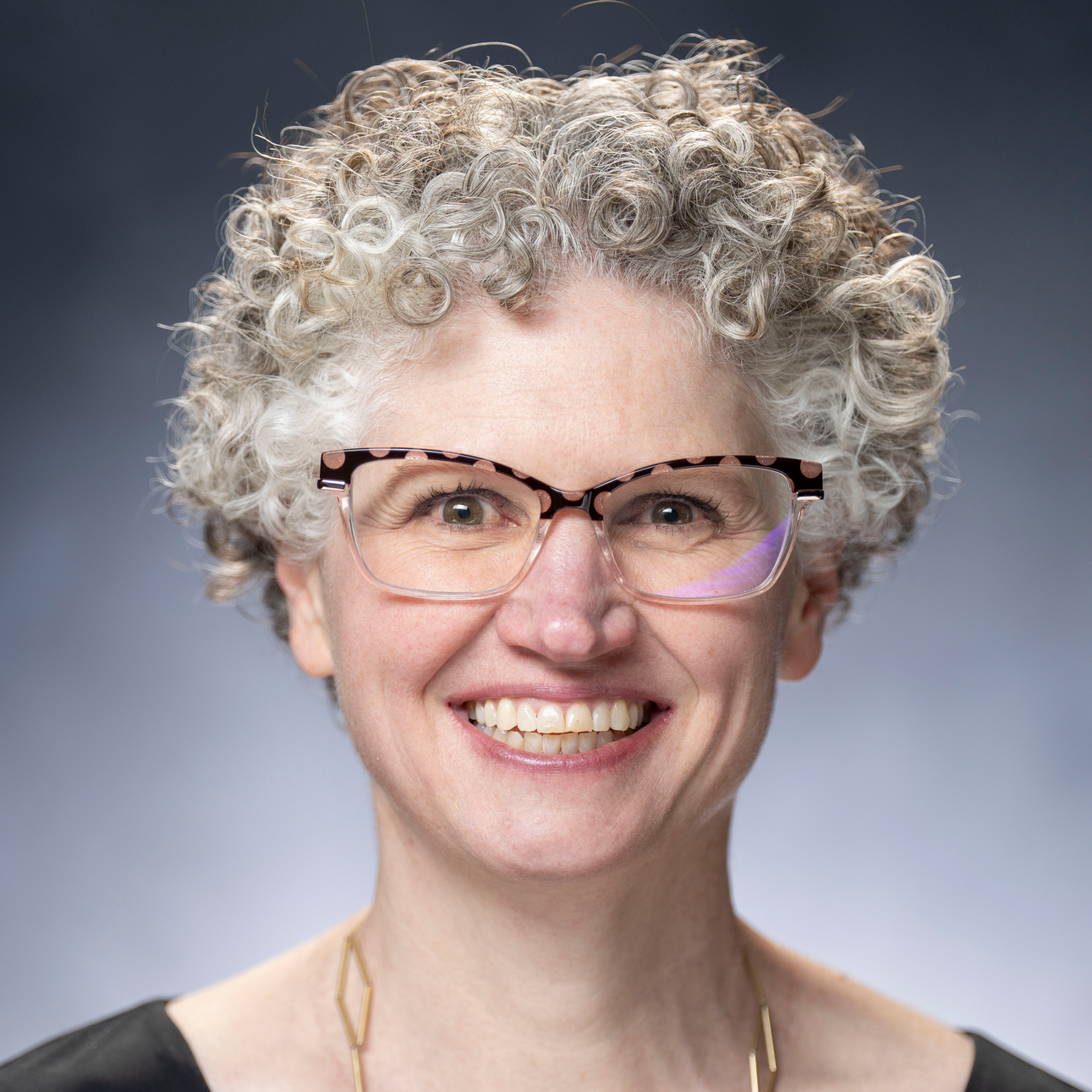
Gwen Sharp is professor of sociology and vice provost for faculty affairs and research at Nevada State University, a public teaching college with a diverse, largely first-generation student body. She is a displaced farm kid and the first in her family to attend college. She has taught introduction to sociology, gender, sexuality, urban sociology, race & ethnicity, and pop culture. Gwen’s current research focuses on the experiences of first-generation college students and how colleges and universities can better support their success. She lives in the Las Vegas area with her dogs and cats.
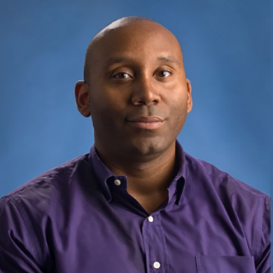
Bryan L. Sykes is an associate professor in public policy and sociology at Cornell University and the Science Core Director for the Cornell Population Center. He is a senior associate editor for Science Advances (the open access version of Science magazine). His research focuses on demography and criminology, broadly defined, with particular interests in fertility, mortality, population health, mass imprisonment, social inequality, and research methodology.
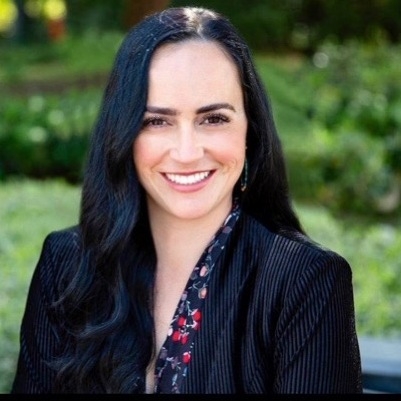
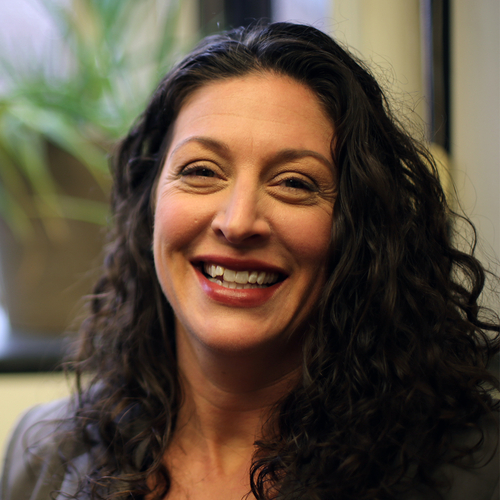
Melissa J. Wilde is a professor of sociology at the University of Pennsylvania. Her research focuses on what she calls “complex religion”; how religion intersects with other structures of inequality, especially race and class; and how those intersections can help us understand views of sex, gender, poverty, and politics. In addition to her two books, she has published award-winning articles in the American Sociological Review and the American Journal of Sociology. Professor Wilde was president of the Association for the Sociology of Religion in 2015 and chair of the Section on the Sociology of Religion of the American Sociological Association in 2019. In her spare time, Melissa enjoys any manner of outdoor activities, especially in the Adirondacks.
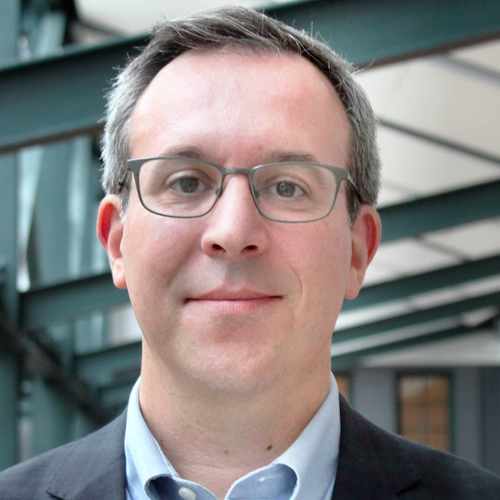
Jonathan Wynn used his backstage pass touring with a band to inform a study of how music festivals shape city culture, eventually writing Music/City: Festivals and Placemaking in Austin, Nashville, and Newport. He also wrote a book about tourism in New York City after 9/11. Jonathan blogs at Everyday Sociology, connecting sociology with movies, sports, and whatever Netflix show he’s watched lately. He is professor and department chair of sociology at the University of Massachusetts Amherst.
